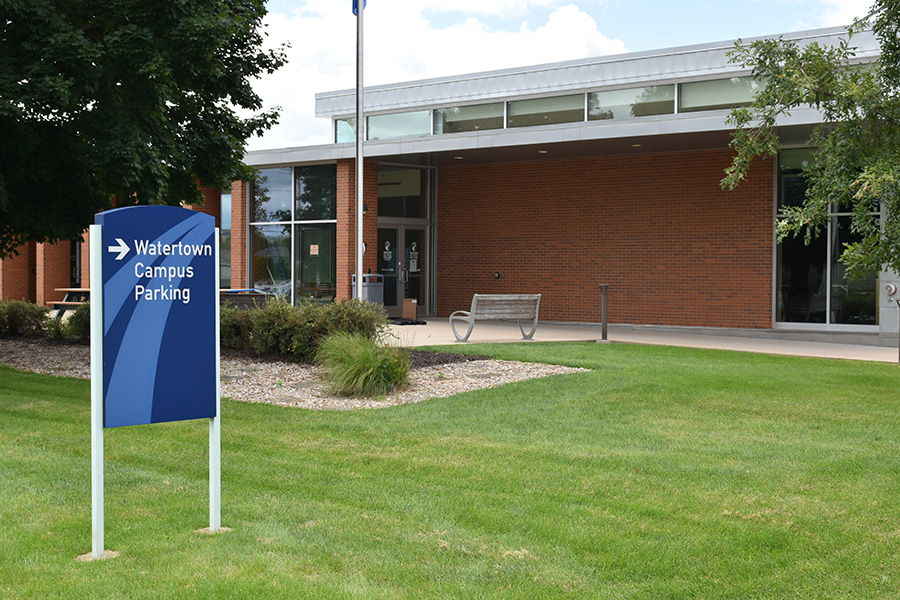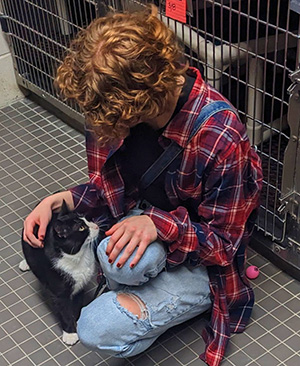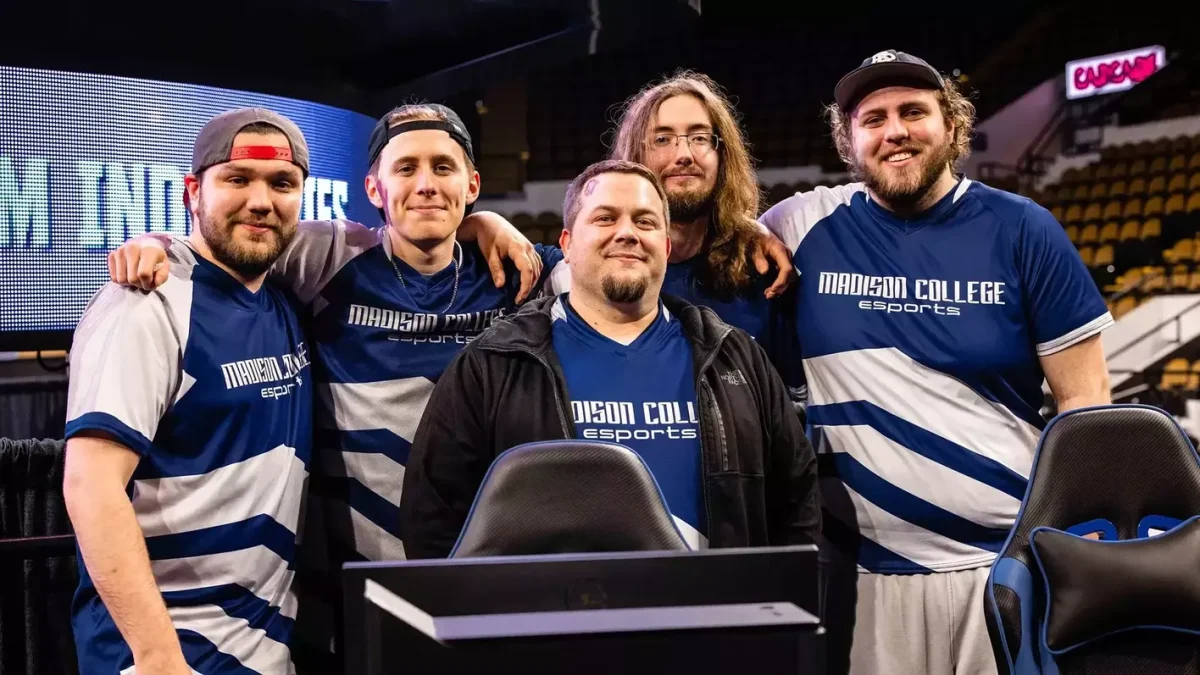One of the newest club on campus, the Horticulture Club, has been making strides to provide platforms for campus initiatives such as starting a community garden on the Truax Campus, establishing a composting system throughout the college and eventually building an aquaponics greenhouse to produce fresh produce year-round.
The club has already made an impact on campus. Plans to launch the community garden have been making progress in recent weeks. At their Feb. 21 meeting, the Student Activities Board approved funding for the community garden and members of the Horticulture Club are preparing to meet with vice president of student development Keith Cornille and facilities staff on March 5 to discuss a possible location for the garden.
The funding will be contingent on a location being established at the March 5 meeting and may still not go through the location is not determined then. However, club members said they feel confident a location will be established. Horticulture Club members who have been working on this plan since the end of last semester have an idea of where they want to put the garden but Isaac Brown, the club’s vice president, says that he’s willing to take other suggestions from administration.
“Unity Park is what we’ve been thinking but I’m personally open to anything at this point – anything that will work best for the students and for the gardens,” Brown said.
Plants grown in the community garden will go to a few different places. First, the goal is to have a farmer’s market available to all but primarily intended for students who generally don’t have access to healthy, organic produce.
Makiko Omori, the vice president of communication for the club, said the garden would be an influential addition to the college because it provides students with a learning opportunity to know how foods are grown. She also said several programs on campus including botany and engineering could benefit from the presence of the garden because it would provide an opportunity for hands-on learning.
“I love to empower people through education and the idea that someone who doesn’t have a lot of money but is willing to put in the work, could learn how to take care of themselves a little better,” Brown said.
Representatives from the Whole Bowl at Truax have expressed interest in purchasing produce from the garden to use in the restaurant. Brown also said his desire is for students involved in growing and distributing the food to get some in return as payment for their work.
The current plan states that the garden will be self-sustaining, meaning it will pay for itself. Proceeds from one year’s sales will go toward seedlings and preparation for the next year’s garden.
“I wish we could just give it out for free but it has to be sustainable,” said Brown, who is striving for an associate’s degree in science with an emphasis in engineering.
Brown said the Horticulture Club has about 10 active members and more than 50 have expressed interest in doing hands-on work once these initiatives get rolling.
“I’m sure that number is going to start getting higher once we start bringing out things like the gardens,” Brown said.
The club intends to implement the composting initiative along with the garden.
“The dream would be to compost 100 percent of the food here but that’s not very feasible,” Brown said.
Considering composting can become susceptible to unwanted smells and pests, they would start out small in order to get an idea of how it will work. Compost from the school’s food wastes would be used as fertilizer in the community garden.
Composted food could also be used in the club’s final initiative to build an aquaponics greenhouse, which Brown says is in the club’s 10-year plan.
Aquaponics is a combination of two farming systems – aquaculture and hydroponics. Aquaculture is the farming of aquatic animals in tanks, while hydroponics is the practice of cultivating plants in water. When the two combine, a symbiotic relationship is created and the systems provide each other with nutrients.
At Madison College the goal is to build an aquaponics greenhouse so that students and community members can get natural, locally-grown food all year round.
Although Brown realizes that the aquaponics initiative cannot happen overnight, he said he hopes the community garden can get up and running this semester.
While other clubs and college groups have proposed similar initiatives in the past and not exactly followed through, Brown said he will be persistent.
“I’m not going to give up,” he said.
Brown added the Horticulture Club is determined in its pursuits to make Madison College a more sustainable and healthful environment and a community garden is the first step in that process.























